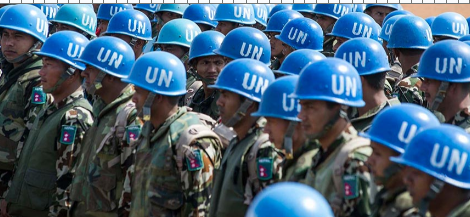
Despite government assurances of significant victories against Boko Haram, reports of abductions and violence against women in northern Nigeria continue to surface, shedding light on the inadequate protective measures in place.
In the township of Gamboru Ngala, fear of abduction by Boko Haram insurgents looms large among women, highlighting the persistent threat they face. This comes despite the government’s claim that 95 percent of Boko Haram fighters have either perished or surrendered. The question arises: why hasn’t the government taken more assertive actions to safeguard women in this region from Boko Haram’s brutality?
Boko Haram, founded by radical Islamic cleric Yusuf Mohammed, espouses a Salafist ideology, viewing jihad as a means to establish Islamic rule in northern Nigeria. The group’s activities have included deadly guerilla attacks, with women and children often bearing the brunt of their violence.
Since 2009, women and girls in northern Nigeria have endured severe forms of abuse at the hands of Boko Haram, including abductions, sexual slavery, coerced marriages, and sexual violence. The infamous 2014 abduction in Chibok, where women and girls were used as hostages, remains a haunting reminder of the group’s cruelty.
Patriarchal structures in Nigerian society further exacerbate the challenges faced by women in the region. Cultural and religious norms limit women to traditional roles, leaving them vulnerable and dependent on men. This vulnerability is exploited by Boko Haram, who view women as easy targets for their extremist agenda.
Women who manage to escape Boko Haram often face suspicion and stigma from their communities, compounding their trauma and leaving them with few options for support. Economic opportunities for women are scarce, making them susceptible to recruitment by the terrorist group.
The National Action Plan (NAP) (2024-2028) aims to address these challenges by ending discrimination against women and promoting gender equality and empowerment. However, its success hinges on effective implementation and support for women to become self-reliant.
Without stronger government intervention and support, women in northern Nigeria will continue to face the horrific reality of living under the shadow of Boko Haram’s violence.